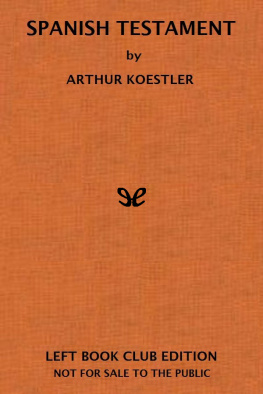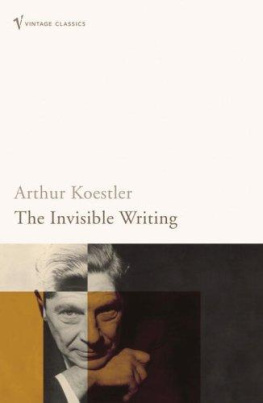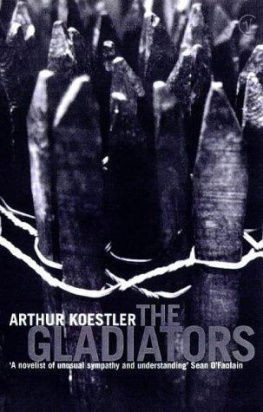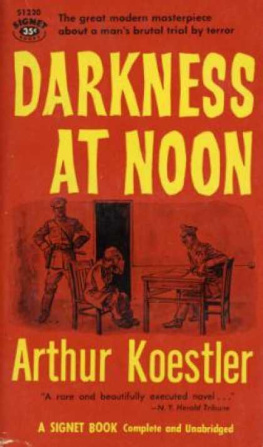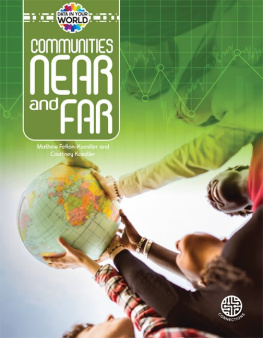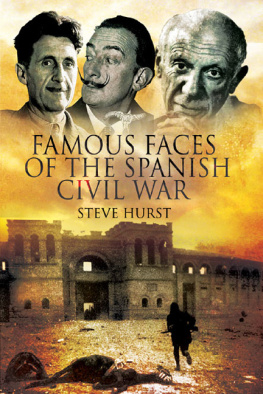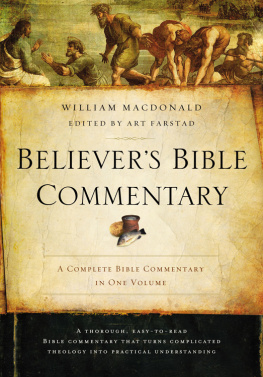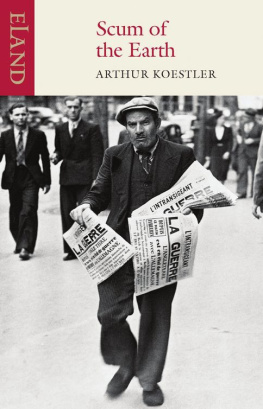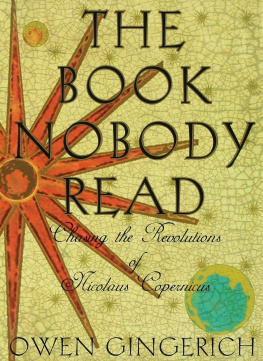Arthur Koestler - Spanish Testament
Here you can read online Arthur Koestler - Spanish Testament full text of the book (entire story) in english for free. Download pdf and epub, get meaning, cover and reviews about this ebook. year: 1937, publisher: ePubLibre, genre: Detective and thriller. Description of the work, (preface) as well as reviews are available. Best literature library LitArk.com created for fans of good reading and offers a wide selection of genres:
Romance novel
Science fiction
Adventure
Detective
Science
History
Home and family
Prose
Art
Politics
Computer
Non-fiction
Religion
Business
Children
Humor
Choose a favorite category and find really read worthwhile books. Enjoy immersion in the world of imagination, feel the emotions of the characters or learn something new for yourself, make an fascinating discovery.
- Book:Spanish Testament
- Author:
- Publisher:ePubLibre
- Genre:
- Year:1937
- Rating:3 / 5
- Favourites:Add to favourites
- Your mark:
- 60
- 1
- 2
- 3
- 4
- 5
Spanish Testament: summary, description and annotation
We offer to read an annotation, description, summary or preface (depends on what the author of the book "Spanish Testament" wrote himself). If you haven't found the necessary information about the book — write in the comments, we will try to find it.
Spanish Testament — read online for free the complete book (whole text) full work
Below is the text of the book, divided by pages. System saving the place of the last page read, allows you to conveniently read the book "Spanish Testament" online for free, without having to search again every time where you left off. Put a bookmark, and you can go to the page where you finished reading at any time.
Font size:
Interval:
Bookmark:
THIS IS A BOOK which illustrates better than any that I know the difficulty of getting at the facts in days of dictatorships and of war. For propaganda and press censorships are inseparable from both, and the strictness of the censorship on the insurgent side in Spain was revealed a year ago when the correspondent of two well-known British Conservative newspapers telegraphed that he was leaving the insurgent headquarters on account of the intolerable limitations that were being imposed on his work. Other correspondents of the "Right" have since experienced similar difficulties.
Mr. Koestler in his opening chapter makes clear the dangers to which French correspondents who had reported the massacre at Badajoz had been exposed and the recantations which they had been driven to make. His own hands happily were more free. As representative of a well-known newspaper of the "Left" only a fortunate chance had enabled him to enter General Francos territory, for journalists of the "Right" alone were being admitted. An equally unfortunate chance led to an early encounter with a former German colleague of the Ullstein Press in which he had held important posts before the advent of the Nazi rgime in Germany. The encounter could not be agreeable to the insurgent authorities, and Mr. Koestler was no doubt well advised to end his visit to Seville. But though the visit was a brief one the author, on account of the political orientation of his newspaper, could write freely without fear of prejudicing its chances of further permits. This fact explains the frankness of his opening chapter and his subsequent publication in a book, "LEspagne (passages from which are incorporated in the present work) of statements regarding brutalities committed on the insurgent side. These will come as a shock to many who, through insistent propaganda, have been brought to believe that "atrocities have been limited to the Republican side and that the insurrection was due to General Francos desire to save Spain from a Communist rising".
Mr. Koestler gives us a much more circumstantial review of the causes underlying the present troubles. His belief that agrarian conditions are the root of the evil is confirmed by seor Salvador de Madariaga, who, as is well-known, has taken no side in the civil war. A year before the fall of the monarchy he wrote that there was little in the general situation of the Spanish countryside which was not already known and denounced more than a century ago. "We are here," he said, touching one of the key facts of Spanish history. Need there then be surprise that after the advent of the Republic had brought a measure of land settlement, limitation of terribly long hours of work and fixing of minimum wages for men whose earnings were often only a shilling a day, bitter feelings were aroused when, under a so-called Radical Government reinforced later by members of seor Robles pro-Fascist party, much of the protective legislation was repealed and wages sank to an even lower level than before? Seor Fernando de los Rios, the well-known writer, and now Ambassador to the United States, described in a broadcast on December 30th, 1936, how terrible it had been when addressing meetings at Granada during the General Election of the previous February to be confronted by starving audiences crying out for "bread". And still, Mr. Koestler tells us, ten thousand Spanish peasant families continued to live in caves and sandpits. Still the Statistical Year Book showed that out of every thousand deaths five hundred were those of children under the age of five. Still only forty-four out of every hundred adult Spaniards were able to read or write. Yet even such conditions did not complete the tale of misery. The rising in the Asturias in 1934, due to the entry of the Fascists into the Government, had been suppressed with terrible cruelty by Moors and Foreign Legionaries. The testimony of five hundred and sixty-one eyewitnesses quoted in Chapter II seems conclusive on this point. It was this which led to the formation of the Popular Front. Is it surprising that, the victory won, there were pent-up feelings which outran the measures of a Government pledged to "moderation"? Starving peasants could not be restrained from seizing land and many such seizures had perforce to be legalized. And as Mr. Koestler shows, much provocation came from the "Right". Fascist groups openly derided the election; their numbers increased; and there were powerful influences at work to encourage them in the violence described in Chapter III and to help to prepare for an armed rising. Nothing in connection with the so-called "civil war" seems to me of greater importance than the activities of the Nazi organization described in Chapter IV. In the light of the facts revealed by the documents seized, German aid to an insurrection of Spanish Fascists was a foregone conclusion.
Under all these circumstances there may well have been much unrest and violence between February and July, 1936. Unhappily much of it from the "Left" was directed against a church which had been mainly responsible for the backward state of education and which was closely connected with the Robles party. Undoubtedly, moreover, many terrible things happened on that side after news of the military rising came. But Englishmen in the best position to procure reliable information are clear that none were due to official orders, but solely to the inability of the Government, faced with a revolt not only of the army but also of most of the police, to restrain men maddened by the knowledge of past suffering and by the news that Italian aeroplanes were bringing over Moors and Foreign Legionaries to help to conquer Spain for Fascism. But it is good to know that there were Republican political organizations in some centres which condemned murder daily on the wireless and by poster.
On the other hand, mass executions such as are vouched for in the statement of the governing body of the Madrid Faculty of Law as taking place on the insurgent side, portions of which are reproduced in Chapter IV, could only be the result of official policy. Those at Granada and Seville have been confirmed to me by an Englishman long resident in Southern Spain. Even the atrocities on a smaller scale recorded in this chapter could have been prevented by authorities who commanded disciplined troops. But indeed General Queipo de Llano in his daily wireless gave definite encouragement to brutality, and Mr. Koestler reproduces orders taken on July 28th, 1936, on a rebel officer, which definitely enjoin the instilling of a "certain salutary terror" in the civilian population by means both "spectacular and impressive", in order to weaken enemy morale. The orders further require the creation of panic among civilians behind enemy lines, with the same purpose. Hints are even given that firing on ambulances or wounded in transport are useful means to this end.
The machine-gunning of fugitive non-combatants from Mlaga and Guernica which has been described to me by fugitives from these places and the frequent attacks on their ambulances experienced both by the Spanish Medical Aid Committee and the Scottish Ambulance Unit conform so closely to the second and third injunctions in these orders as to justify belief in their authenticity. This is confirmed by the fact, that as they appeared in "LEspagne Ensanglante" last January, there has been ample time to expose them if not genuine.
Finally, the brutalities which Mr. Koestler himself both saw and heard when taken prisoner fully confirm the terrible statements he prints. His own graphic and moving account of the midnight hours in the prison of Seville bring more vividly before us than anything else I have read the horrors Spain is enduring. His account of the nightly executions is confirmed by Mr. Rupert Bellville, who, having joined the Spanish Fascists, has stated publicly that he was for ten days a member, though an unwilling one, of a firing squad.
Font size:
Interval:
Bookmark:
Similar books «Spanish Testament»
Look at similar books to Spanish Testament. We have selected literature similar in name and meaning in the hope of providing readers with more options to find new, interesting, not yet read works.
Discussion, reviews of the book Spanish Testament and just readers' own opinions. Leave your comments, write what you think about the work, its meaning or the main characters. Specify what exactly you liked and what you didn't like, and why you think so.

